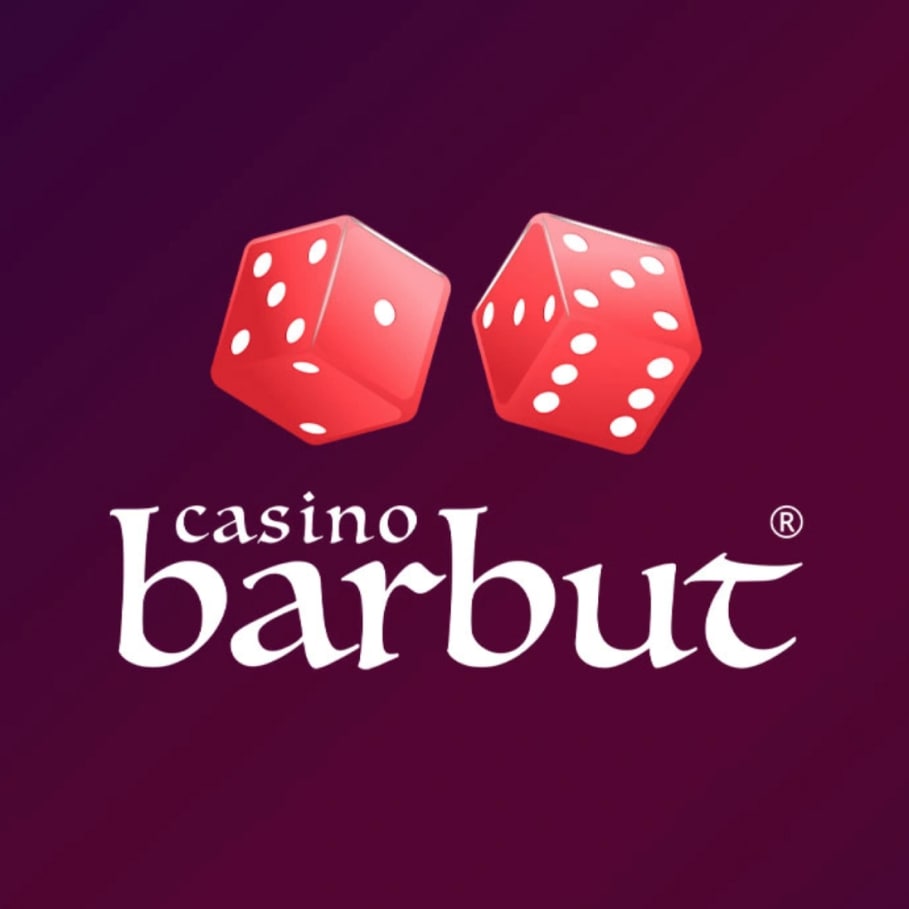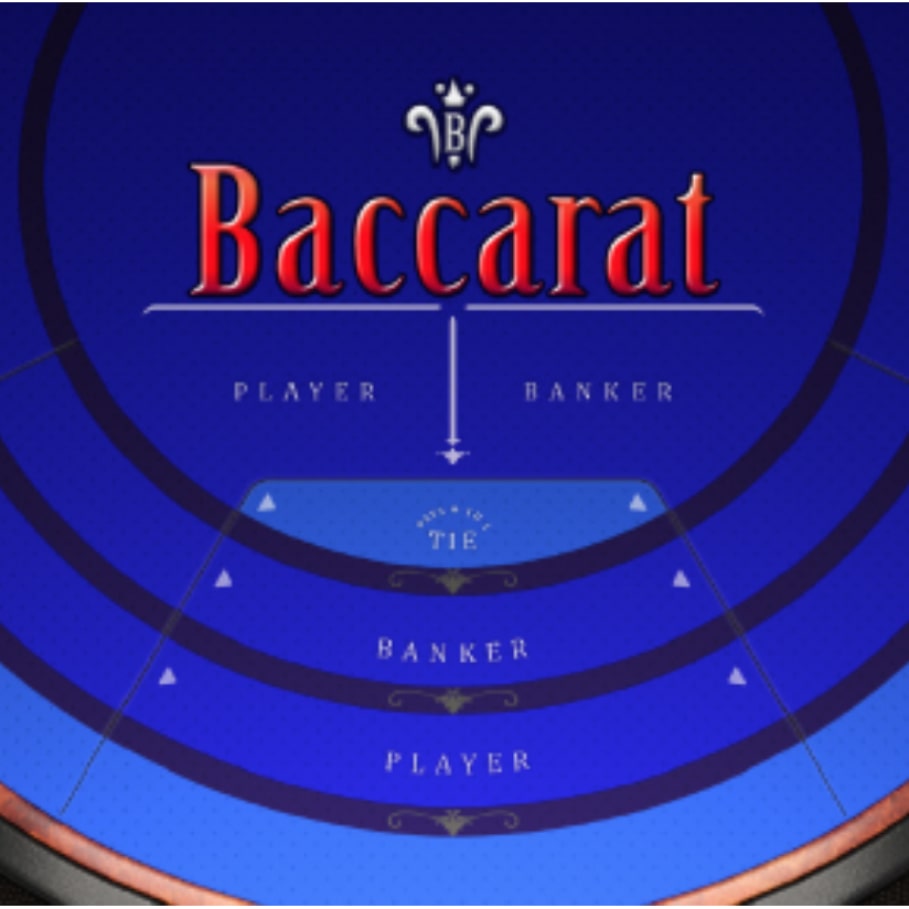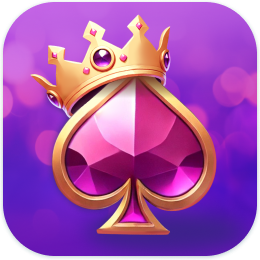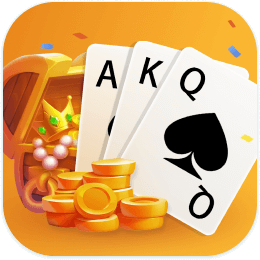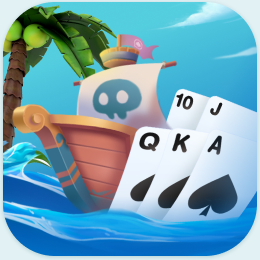Going Pro Tourney Stats Analysis Defense Frequency More Q&A

Thinking about going pro? Need help analyzing poker tournament statistics, defending enough or adjusting to their adjustments?
Sky Matsuhashi
Listen to episode #465 as you follow along below:
1. Tournament Statistics Analysis
I’m looking for “optimal” stats to compare in my PokerTracker 4 reports to help plug leaks in MTT’s. Any suggestions? – Anonymous; in regards to a cash game statistics analysis video on the Smart Poker Study YouTube channel.
– Anonymous
“Optimal” Tournament Stats?
It’s tough to give ‘optimal’ poker tournament stats and win rates. This is because of how dynamics change over the course of any tourney, whereas cash games don’t. Tournaments have:
- Changing stack sizes due to blind increases and antes
- The lead up to the bubble, the bubble itself, and the bubble burst
- The lead up to the final table and then final table play.
- There are ICM considerations.
- You may be a different player in higher buy-in tourneys versus lower buy-in tournaments due to the player pool and maybe also due to the money on the line.
- There are even different speeds: regular, turbo, hypers, etc.
- Different formats: Freezeouts, rebuy, bounty, satellites, spin and go, all-in or fold, etc. Also, 6max, full ring and HU.
- Lastly, there’s MTT versus SNG.
My Tourney Stat Analysis Recommendations
Steps to Analyze Tournament Statistics and Win Rates:
- Analyze higher buy-in tourney stats and win rates separately from lower buy-ins.
- Separate SNG and MTT play.
- Separate formats as necessary. Bounty should be analyzed apart from satellites,
- Analyze your #’s in total without any filters, but also by filtering for starting stack size. Use these ranges: 0-10bb, 10-15bb, 15-20bb, 20-30bb, 30-50bb, 50bb+. I’m sure you play differently with different starting stacks, especially when it comes to calling preflop, 3betting, shoving, facing shoves, cbetting, calling cbets, etc.
- When analyzing your stats, ask yourself this question, “If I saw this statistic on an opponent, how can I exploit it?” If you can answer that with a super easy exploit, then you just found a leak. For example, maybe at 50bb+ stacks, you raise/call 3bets 80% of the time, with a win rate of -425bb/100 hands. But at a lower stack size, this isn’t an issue. You’ve absolutely found a leak, though, so you need to work here ASAP.
- You can compare your statistics by starting stack with ‘optimal’ cash game statistics. This could show you possible areas of opportunity. If something is a cash game leak, it’s probably a tourney leak, too.
- ROI and ITM %’s are very important. You might be winning at the lower buy-ins with a high ROI and a 25% ITM. But at the higher buy-ins, maybe -ROI and 5% ITM. Maybe the player pool is much stronger than you, or you’re playing scared money poker, or you’ve played so few tourneys that your results aren’t reliable yet.
Here’s the Cash Game Statistics video anonymous was referencing:
2. Minimum Defense Frequency
Here is my problem : If I Call Cbets less than 66%, don’t I give money to my opponents who cbet half-pot on the flop? If I call 50% on the flop against a half-pot cbet, then my opponents can exploit me and literally cbet 100% with any two cards because I fold too often. So in the long run, when they cbet half-pot against me, they immediately win because I fold too much. My conclusion is that I have to call at least 66% on the flop otherwise I will be easily exploited. What do you think about it?
– Simon
Answer
Simon is referring to a minimum defense frequency (MDF) to NOT allow your opponents to easily exploit you with bluffs. Here’s the math of this:
- The pot is $100, he bets $50 (1/2 pot).
- The break-even point for his bluff is 33% ($50/$150).
- So, in order to NOT be exploited, the MDF is 67%.
I believe it’s NOT your job to make yourself unexploitable. Just because his bet breaks-even at 33% doesn’t mean you have to defend 67%. What if he’s value betting? Of course you don’t know what he’s holding, but if you defend 67% versus his value range, you’re probably handing him money. Just using math for this situation doesn’t take into account your opponent’s tendencies, and that’s the biggest issue for me. What if he only cbets for value with a flop cbet at 15%? I wouldn’t try to defend anywhere near 67% versus him.
I believe it IS your job to exploit each player to the max and let your stats fall where they may. This was covered recently in podcast #460: Don’t Chase Statistics. I don’t play poker for the long run; I am playing right now in this session, in this hand and against this player and trying to make the best decisions I can. I let the long run and my statistics take care of themselves.
Let’s imagine your were up against someone who defended exactly 67%, how would you adjust to exploit him? You would mostly value bet so he’d be theoretically over-defending versus your super strong range and you’d print money cbetting against him.
I recommend to defend with calls and raises based on your read of your opponent’s tendencies, his bet size, his position, his range and the board. Let your defense statistics fall where they may.
3. Help with Going Pro
I am an aspiring poker player who has been playing recreationally since 2020. I consider myself a break-even player, but I have faced losses primarily due to the rake structure they have for micro-stakes players.
Now that I have built up enough bankroll to start playing NL 50, I am interested in seeking assistance to improve my game and make the transition from a recreational player to a professional poker player. Can you help me with this?
-AK
I can help you with studying and with strategies to get profitable at the micro stakes, but I’m not a coach for aspiring pro players. I’ve never played as a pro nor coached pros, so I wouldn’t be a good fit.
I recommend four things for aspiring pros:
- Record your stats and win rates every week to analyze and find your leaks. Work on those things.
- Study and practice everything. If you learn a new strategy, don’t try to learn any new strategies until you’ve done a ton of in-game practice and reviewed loads of hands. You want to have a good grasp of the strategy before moving on.
- Learn hand reading ASAP and do at least one full exercise everyday. This will improve your study efficiency as well as in-game reads and plays.
- Before you actually go pro and quit your day job, take a week off and see how you enjoy playing full time. Put in 40-60 hours that week and gauge if you think pro is right for you.
4. Adjusting to Their Adjustments
Currently, I have a number of inquiries related to repeatedly using the Fold to Flop Cbet stat of one of my opponents, which currently stands at 90%.
I want to make my opponent fold, however, he might catch on and adapt his gameplay. How should I navigate this situation, especially if they start raising?
Once my opponent adjusts their behavior due to my repeated use of this statistic, what is the value of this statistic?
Considering the changing dynamics, how should I proceed? Should I continue using the stat and attempting to induce folds, or should I switch to a different strategy?
– Frank
How to Adjust
#1: Keep exploiting them until they adapt.
You can choose to not make marginal bluffs. For example, you opened and they called in the BB. HU to the flop and you hold 97s and the flop comes AT4. You have no redraws. Go ahead and check-back with such a weak hand. If he checks the turn, maybe now fire a bluff bet b/c he showed weakness twice on a board he would bet for value with AX. But, bluff your draws. On AT4, maybe there are two hearts and you hold the QhJh for a gs + fd. Go ahead and bluff that. If he raises, you know he’s got a solid AX hand and you can now decide if the price is right to call with your draws.
#2: The statistic is still valuable even if he adapts.
A statistic over a large sample shows his general tendency or habits when in a situation. He might have adjusted now, but that habit will reemerge this session or next. Still refer to it and exploit it whenever you think the exploit will work.
#3: Count on his adjustment, but probably not a full 180 degree turn to defending every time.
So, just be more judicious in your use of the strategy like I said in #1. If he now suddenly defends EVERY time, then only cbet for value. But a player folding 90% won’t suddenly fold 0%.
5. Free Play Poker
I was wondering if you had any tips on the types of things players should focus on who are playing exclusively free online poker. When there are no stakes whatsoever other than the time you’ve spent at the table, you obviously encounter all sorts of types of players who have various approaches and motivations.
To me, it makes it difficult to really come up with a game plan or strategy. What would you suggest I focus on? – Ross
Always Have a Reason
I would focus on having a reason for every play you make and putting them on a range.
- When you bet or raise, it’s to get them to fold or to earn value, so name hands in their that can fold or give you value.
- You only call because you have a hand ahead of their betting range (name the hands), you’re getting a good price on a draw (do the break-even math in your head) or you see a way to bluff them later.
- When you check, it’s with the intention of check-folding, check-calling or check-raising based on your hand and their betting range.
Valentine’s Day 2024 Poker Question and Answer
There’s nothing lovey-dovey about this Valentine’s Day Q&A. But, we all love poker and you’ve got questions, and I love giving answers. So let’s get to it!
Listen to this podcast episode #477 as you follow along below:
Question 1: River Aggression Factor
I found out I have a serious leak. My river aggression factor CO, BB and SB is very low, and I don’t know how to correct it. – Menno
What is Aggression Factor (AF)?
The ratio of aggressive plays to the passive play of calling. So, it’s (# of Bets + # of Raises) / (# of Calls)
- .5 = 1 bet/raise for every 2 calls
- 4 = 4 bets/raises for every 1 call
Why is a low AF bad?
This means you’re not being aggressive enough, and perceptive players and HUD users can easily exploit this. When you bet or raise on the river, especially with a hefty size, they know you’ve got the goods and they can easily fold. You miss out on value this way.
You are also not bluffing enough to steal pots. On rivers, we shouldn’t be bluffing a ton, but we should sometimes when the time is right. But, if your AF is low on the flop and turn as well, you’re probably missing out on good bluffs on multiple streets.
How can we increase AF?
Try to bluff rivers and value bet more. If you think he can fold vs your bluff, do it. If he has weaker hands in his calling range, bet for value instead of checking. When you face a bet or raise, be able to name weaker hands in their range that you beat before calling. If you can’t name any weaker hands, you’re better off just folding.
How can we study these spots?
Filter for hands where you cbet the turn but checked the river. Review those hands and see if there were hands where you should’ve triple barreled for value or a bluff.
Also, filter for river calls and find spots where you called and lost to figure out if your call was a mistake. Also, look for calls with weak hands where folding or bluff raising might have been a better play.
Lastly, filter for river calls where you won and find hands where you could’ve raised for value.
How can we exploit others with a low AF?
Fold versus any significant river action if we don’t have a strong made hand and we can’t name worse hands in their range that are making the play.
Value bet thinner because they call too often and they don’t raise enough.
Raise them when we have the absolute nuts and they made a big bet or big raise. Because they ain’t folding, we can get maximum value.
Question 2: Versus Lots of Limpers
In the app I play on, almost all people are fishes. There are not many tables so I play full ring 30nl. Most are fish, and they’re all limpers. In this situation:
- How should I play? Do I have to play TAG or LAG?
- I get tilted when fish call and win with random hands.
- The app doesn’t allow for a HUD to help with my reads.
- Seems like very easy to make money, but sometimes variance sucks. -Zuchi
1. I recommend a TAG style with most of your hands played from IP, so the HJ, CO and BTN. If you’re going to raise over limpers, only do it with hands that you’re happy seeing the flop with. Find the raise size that gets some of the limpers to fold so you only see the flop versus 1-2 other players. Don’t bluff raise these limpers b/c they’re going to call. Good Broadways, suited Aces, suited connectors and strong pocket pairs are good. It’s okay to limp behind, but then you’re just playing bingo poker like them, so play post-flop straight-forward and don’t bluff but play mostly for value.
2. Work on your mental game with Jared Tendler’s The Mental Game of Poker. Realize that fish are what make poker profitable and it can only be a profitable game if the fish win sometimes. Your better decisions and hand choices will win in the long run.
3. You’ll have to take player notes. Watch the action and try to make reads based on bet sizes and the board. Also, analyze showdowns to get an understanding of the logic they use to make decisions.
4. Yep, variance sucks. The Mental Game of Poker should help you deal with it.
Question 3: Hand Reading for LIVE Players
I understand the importance of hand reading but you often talk about finding hands to hand read in PokerTracker 4. But I’m a live player, no online. How do I find hands to do hand reading with?
– Anonymous
Record the important details of live hands that you want to do hand reading with. The details you need are:
- Player positions
- Stack sizes
- Street by street actions with bet sizes
- Board cards.
With these details, you can do hand reading.
Also, find hands in forums or from friends.
Start playing online on sites that work with PokerTracker 4. You don’t even have to use a HUD, just treat it like a live game. And, just play $5 or $10 buy-ins. Have a strategy in mind you want to work on and purposefully put yourself into that spot as often as profitable. Those hands are the ones you’ll do hand reading practice with, and you take your lessons learned to your next live game.
Question 4: HUD Prevalence
And I know this is impossible to answer, but do you have any idea how prevalent HUDs are on Bovada? Having to jump through hoops, myself, makes me think it’s not a very large percentage of the player base, but I could be wrong. It probably also depends on the stake level. -Nate
I just assume that anyone who is TAG or LAG and is playing well is using a HUD. Those are the most dangerous potential HUD users. If any other kind of player uses a HUD, like the super-fish or super-maniacs, they probably don’t know how to use it effectively.
Question 5: Online Cheaters
PokerStars sent me an email informing me that I was damaged from other players violations of the game rules. As a result they credit me an amount as a compensation. Have you heard something similar? – N.
I’ve heard of this. It means they caught a cheater and you were one of the victims. They figured out how much you lost to his cheating and took it from his account and put it in yours. Maybe he was a bot or it was player collusion. That means their security is doing their job. Great!
Question 6: Poker Math is Tough
I usually play live tournaments, sometimes live $1/$3 cash games. I’m a recreational player and I don’t get to play as much as I like to but I strive to become a better player. I don’t have Flopzilla or PokerTracker 4 because that’s for online play. Are the mathematics really that important because I find this difficult.
My goal is to win poker Tournaments
-Corinne
Poker math is important, but simple and drillable (+, -, x, /)
Find a video/article/podcast that teaches the math you want to learn. Watch and take notes. Drill the math with actual hands you’ve played.
Or, use a deck of cards and deal random hands and boards and practice that math each time.
“Whether you believe you can or you can’t, you’re right.” – Henry Ford
Play online for cheap practice and loads of hands to review.
Question 7: Fishy Table Hunting
Do you think it’s better to be at a table with lots of known players, a mix of decent players and fish, or a completely unknown table, assuming most will be fish? – Space Raptor
That’s why I play on Ignition so much! All unknowns, but a great chance for lots of fish at every table.
Question 8: Where are the good results?!
Things are not going well as you can see on the graph and in the latest cash game tracker.
Can you give me some recommendations that can help me get good results? -A.
Improving in poker is the same as improving in anything else in life. Let’s imagine you’re on a basketball team that keeps losing and you can’t put together a winning season. How can you fix this?
-
Assess your team’s overall skill set. What is your team good at, and what are they bad at? Are they lacking in the fundamentals of dribbling and shooting? Or is it teamwork and flow around the court?
-
Analyze your losses. You just lost a game 60 to 40. Why? What led to this loss? Are you allowing them easy scores due to poor defense? Is your team only making 25% of the shots they take? Are you fouling them a lot and are they getting easy free throw line points?
-
Practice, practice, practice. You know what you’re lacking, so practice the new strategies you want to develop. You know the mistakes you’re making that lead to losing, so practice making better plays. You’re going to follow the same process in poker.
-
Assess your skill set. Where are you uncomfortable while playing? How often do you think to yourself, “I don’t know what to do here. I guess I’ll just call.” Those uncomfortable and confusing spots are where you’re lacking some kind of skill. So figure out what you’re missing and make a plan to build those skills.
-
Analyze your losses. Track your statistics and win rates every 2 to 3 weeks or every 2,000 to 5,000 hands. When you see a persistent losing situation, like every time you call a 3bet you’re losing 5bb on average, that’s a spot you need to work on. If you find an easy exploit your opponents have against you, like you fold to donk bets every time on the flop without a pair, that’s another thing to work on.
-
Practice, practice, practice. Try to put yourself in the situation to practice the new strategy or plug a leak. Tag your hands for later review. Study lots of training materials, take great notes and practice the strategies again and again until this weakness becomes a strength.
FREE ONLINE POKER TRAINING
HOW TO WIN ONLINE POKER WORKSHOP
STUDY SMARTER
Poker Study Cheat Sheet Download Now
HAND READ IN-GAME
Preflop Ranges Cheat Sheet Download Now
EXPLOIT PLAYERS
Top 10 HUD Stats Download Now
FREE PDF DOWNLOAD
5 PokerTracker 4 Strategies Every Player Needs to Use
- Challenges
- Guest Posts
- Hand Reading
- Micro Stakes Poker
- Player Types
- Poker Books
- Poker HUD Use
- Poker Interviews
- Poker Leaks
- Poker Math
- Poker Mental Game
- Poker Play Strategies
- Poker Profits
- Poker Q&A
- Poker Ranges
- Poker Software
- Poker Study Strategies
- Poker’s Minimum Effective Dose
- Post-flop Strategies
- Preflop Strategies
- Sit N Go’s
- Smart Poker Study Podcast
- The Poker Forge
- Tournament Poker
- Uncategorized
FAQ
How to win at tournament poker?
The best approach is to play a tight range of strong and/or playable hands, and you need to play those hands aggressively. Playing all of your hands aggressively, including the more speculative ones like 7♠ 6♠ or 5♥ 5♣, allows you to disguise the strength of your actual hand.
How to win against fish poker?
By attempting to bluff them off of their hand you will simply lose much more money than you should have and also manage to tilt yourself even more! The correct and most profitable strategy versus the fish who doesn’t fold anything is to value bet the living crap out of them. And then value bet them some more!
How to deposit with Neteller on WPT Global?
Comment effectuer un dépôt avec Neteller sur WPT Global ? Pour effectuer un dépôt avec Neteller, créez et vérifiez un compte avec eux. Vous pouvez ensuite ajouter des fonds à votre portefeuille électronique Neteller en utilisant diverses méthodes. Pour effectuer un dépôt sur WPT Global, connectez-vous à votre compte joueur et accédez à la caisse. Cliquez sur « Dépôt » et choisissez Neteller parmi les options disponibles. Suivez les instructions à l’écran pour effectuer votre dépôt.
What is the origin of the name Roulette?
What is the origin of the name Roulette? The origin of the name “roulette” is French and it means “little wheel”. The name is derived from the fact that the game is played on a small wheel that spins around, with players betting on where the ball will land. The word “roulette” was first used in its current context in the 18th century, although the game itself dates back much earlier.
What are some famous roulette scandals and controversies throughout history?
What are some famous roulette scandals and controversies throughout history? 1. The Eudaemons – In the 1970s, a group of physics students at the University of California Santa Cruz used a computer to predict the outcomes of roulette games in Nevada casinos. They called themselves “The Eudaemons” and made significant profits before their operation was shut down. 2. The Ritz-Carlton Scandal – In 2004, a team of Eastern European gamblers used a laser scanner and a computer to predict where the ball would land on the roulette wheel at the Ritz-Carlton casino in London.
How to win against fish in poker?
By attempting to bluff them off of their hand you will simply lose much more money than you should have and also manage to tilt yourself even more! The correct and most profitable strategy versus the fish who doesn’t fold anything is to value bet the living crap out of them. And then value bet them some more!
How did the introduction of online casinos impact the game of roulette?
How did the introduction of online casinos impact the game of roulette? The introduction of online casinos has had a significant impact on the game of roulette. Online casinos made roulette and other casino games easily accessible to anyone with an internet connection. Players can now enjoy their favorite casino games from the comfort of their own homes, without having to travel to a land-based casino. Online casinos also introduced new variations of roulette, such as multi-wheel roulette and mini-roulette, which are not typically found in traditional casinos.
FishPoker – 集各種玩法於一身全新撲克平台! 這裡有多種經典和刺激的遊戲種類:NLH、Flash、SpinUp、AoF 以及PLO,不僅如此,還提供大菠蘿和十三張等遊戲模式。
This site only collects related articles. Viewing the original, please copy and open the following link:Going Pro Tourney Stats Analysis Defense Frequency More Q&A












